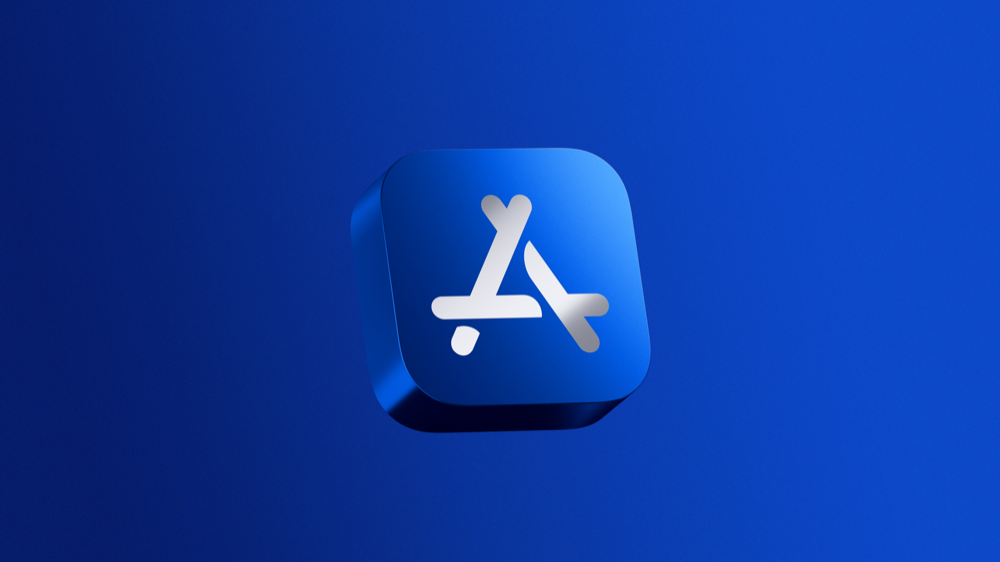The Apple Tax is a progressive tax, Apple implies

Apple continues struggling to protect its existing App Store business model and today pointed out that the US store facilitated over $400 billion in developer billings and sales in 2024 – 90% of which were commission free.
The broadest shoulders get the burden
The company is of course pointing out that the vast majority of its developers are not at all impacted by the so-called “Apple Tax”, which is really quite a progressive approach in which the burden is carried by those with the broadest shoulders, like all taxation should be.
After all, developers need to make a million bucks before the tax really kicks in – meaning only the wealthiest developers pay. If only general taxation worked the same way.
Citing a study conducted by Professor Andrey Fradkin from Boston University Questrom School of Business and economist Dr. Jessica Burley from Analysis Group, the App Store team also told us that US developers earnings have more than doubled in the last five years.
Small developers in particular have done exceptionally well as their earnings increased by 76 percent between 2021 and 2024.
What Apple said
“For more than 15 years, the App Store has created incredible opportunity for app developers, entrepreneurs, and businesses of all sizes,” said Tim Cook, Apple’s CEO.
“That includes the many U.S. developers who are innovating, building their businesses, and finding exceptional success on the App Store. We’ll continue to invest in powerful tools, technology, and resources to help developers in the U.S. and around the world take their apps to new heights and create transformative experiences for users.”
A few facts about the App Store
The study estimates that in 2024 the App Store ecosystem facilitated $277 billion in total billings and sales from physical goods and services, $75 billion from in-app advertising, and $53 billion from digital goods and services.
Since 2019, spending on physical goods and services has more than tripled, while in-app spending on digital goods and services and in-app advertising more than doubled. U.S. developers have also found tremendous success globally, with the ability to list their apps on storefronts in 175 countries and regions, the company said.
Apple doesn’t just take the money and run – it invests in the ecosystem. For example, to support developers, Apple continues to invest in App Store features, and initiatives like the App Store Small Business Program. It also hosts a wide range of activities and study sessions worldwide and at its HQ to help developers build and improve their apps.
Apple offers over a quarter of a million APIs – and has trained over 1,200 student developers at its US Developer Academy in Detroit since 2021, the company said. Given it built the tools, it’s not really surprising it wants a business model to help pay for them.
You can follow me on social media! Join me on BlueSky, LinkedIn, Mastodon, and MeWe.